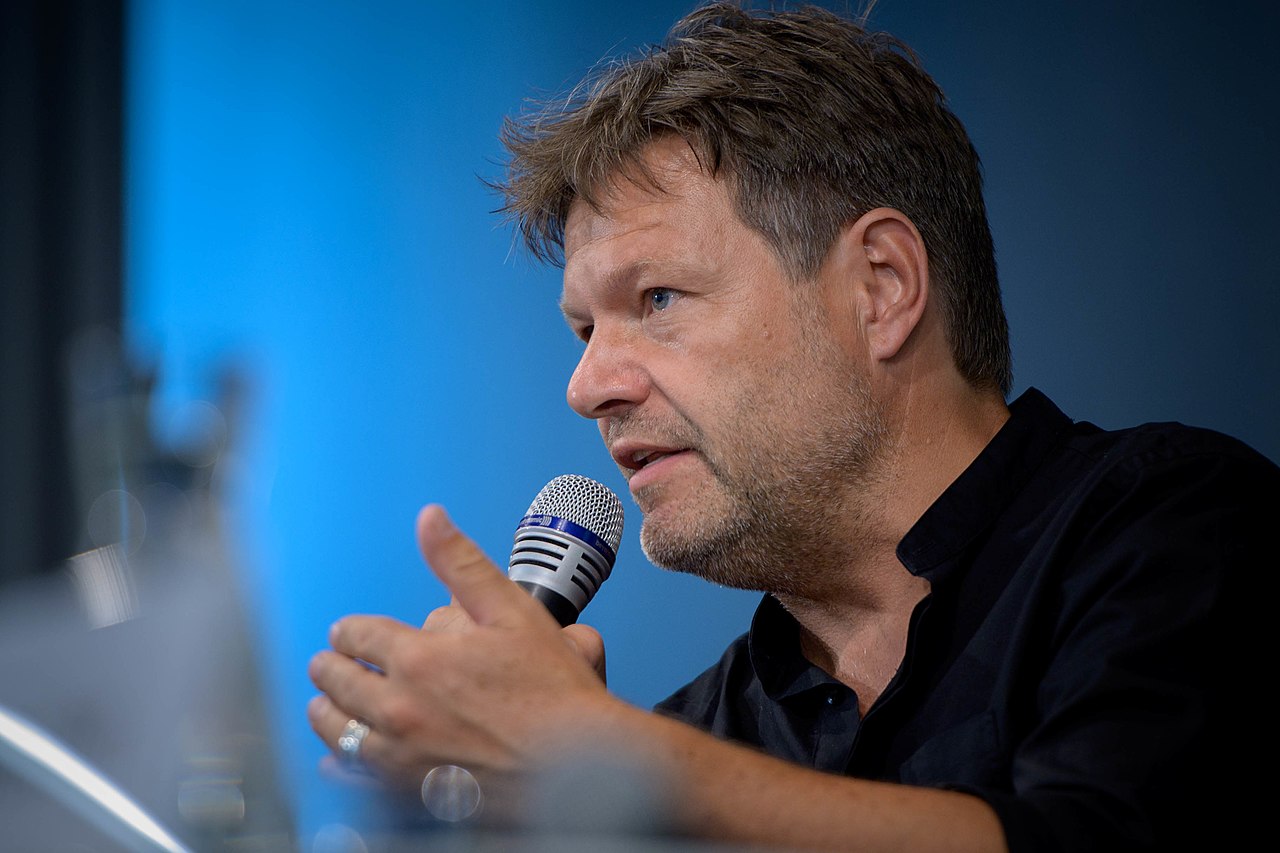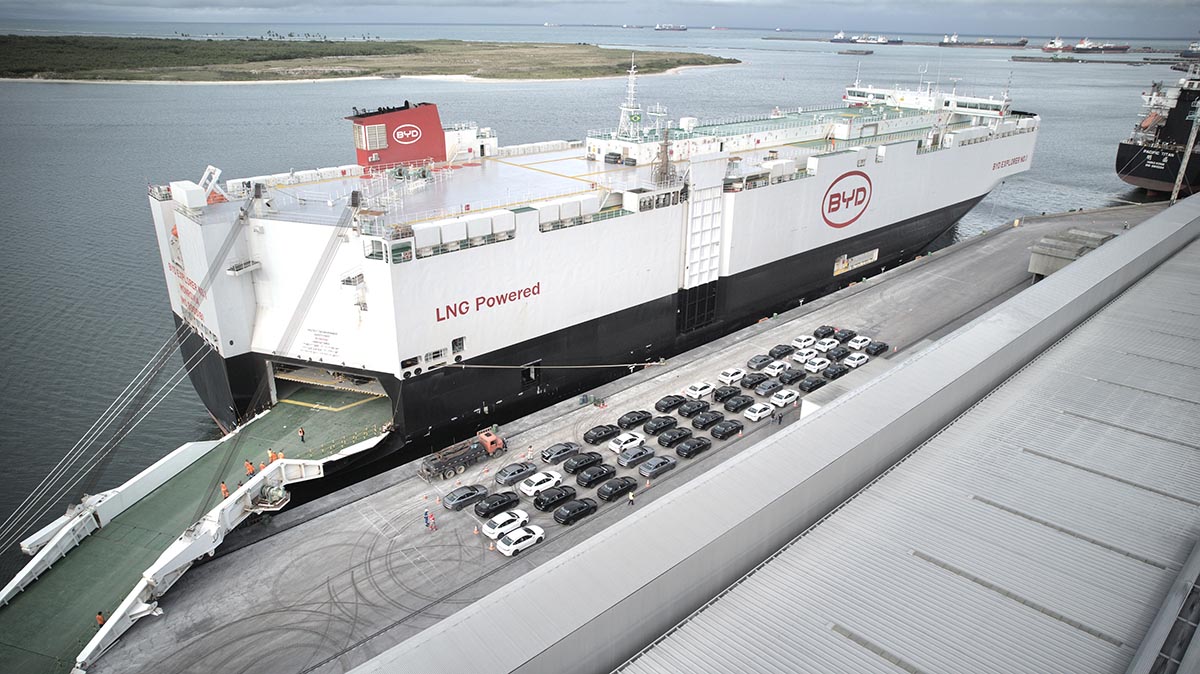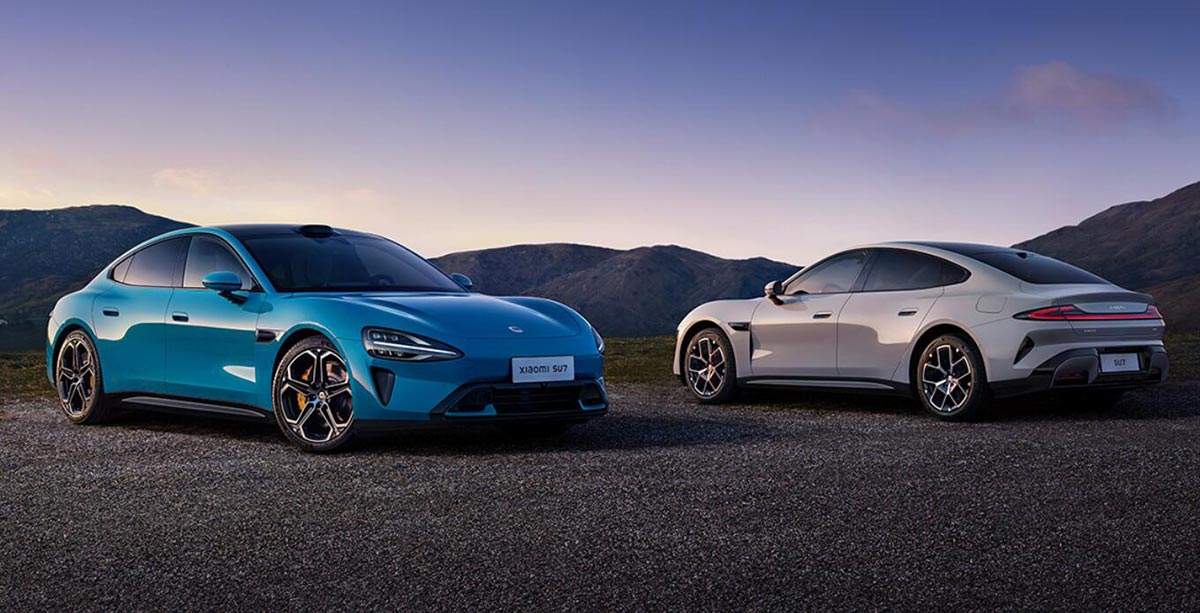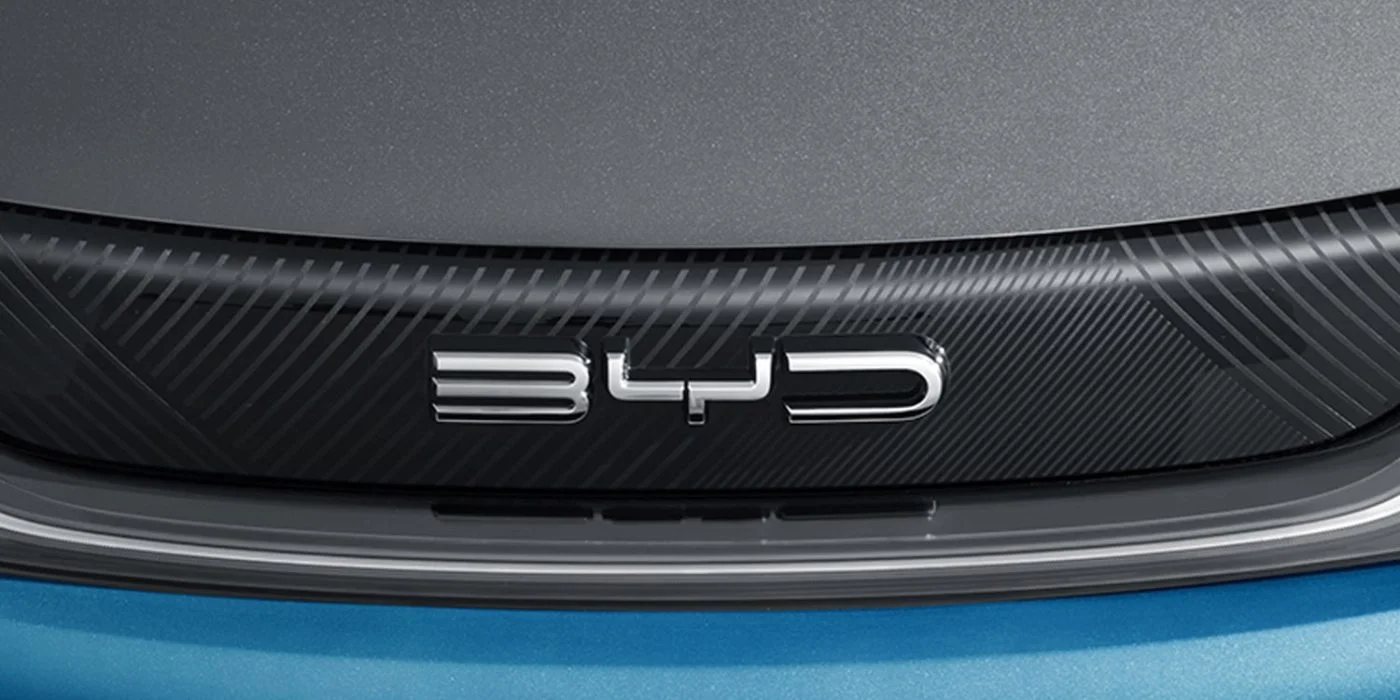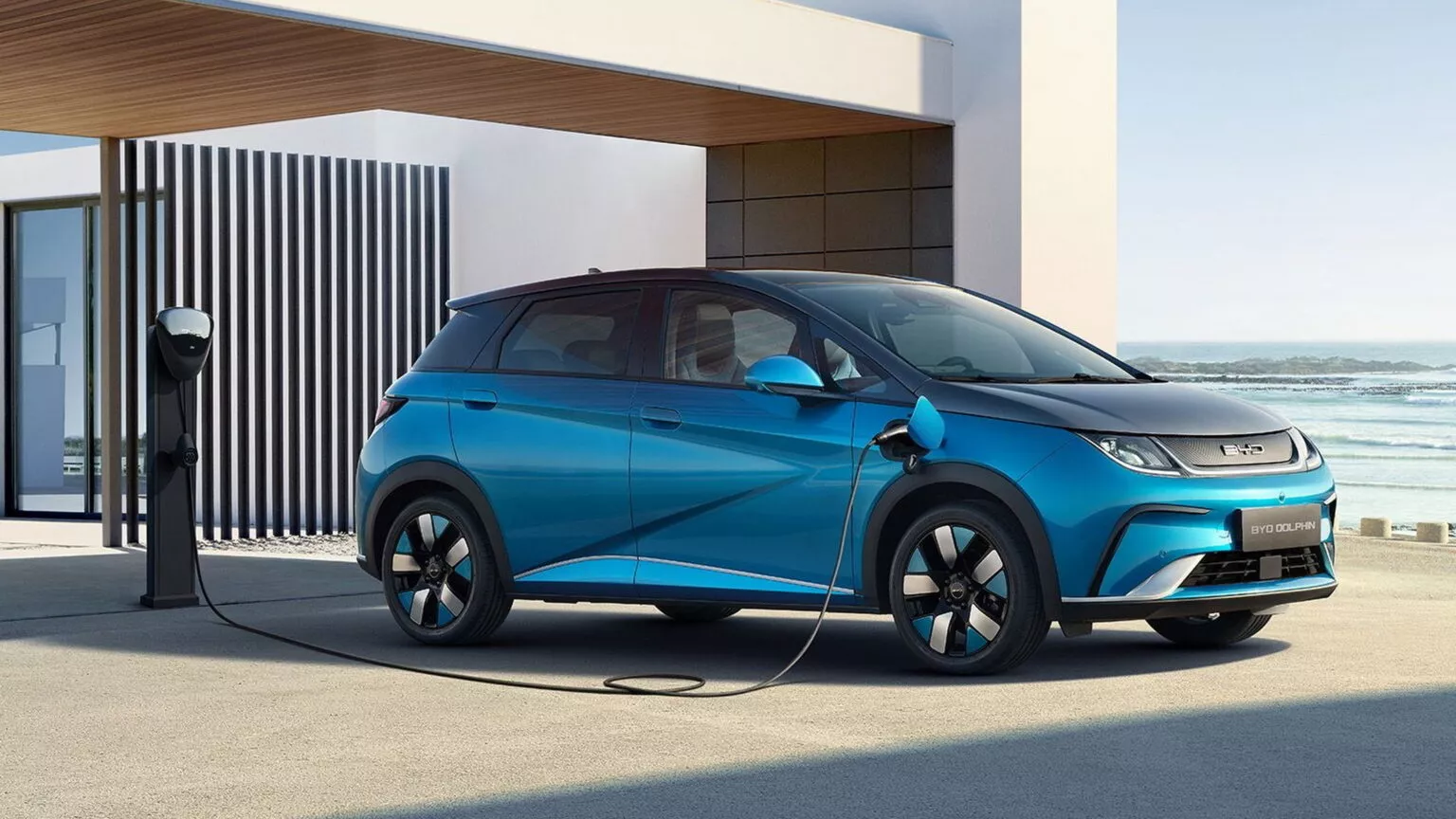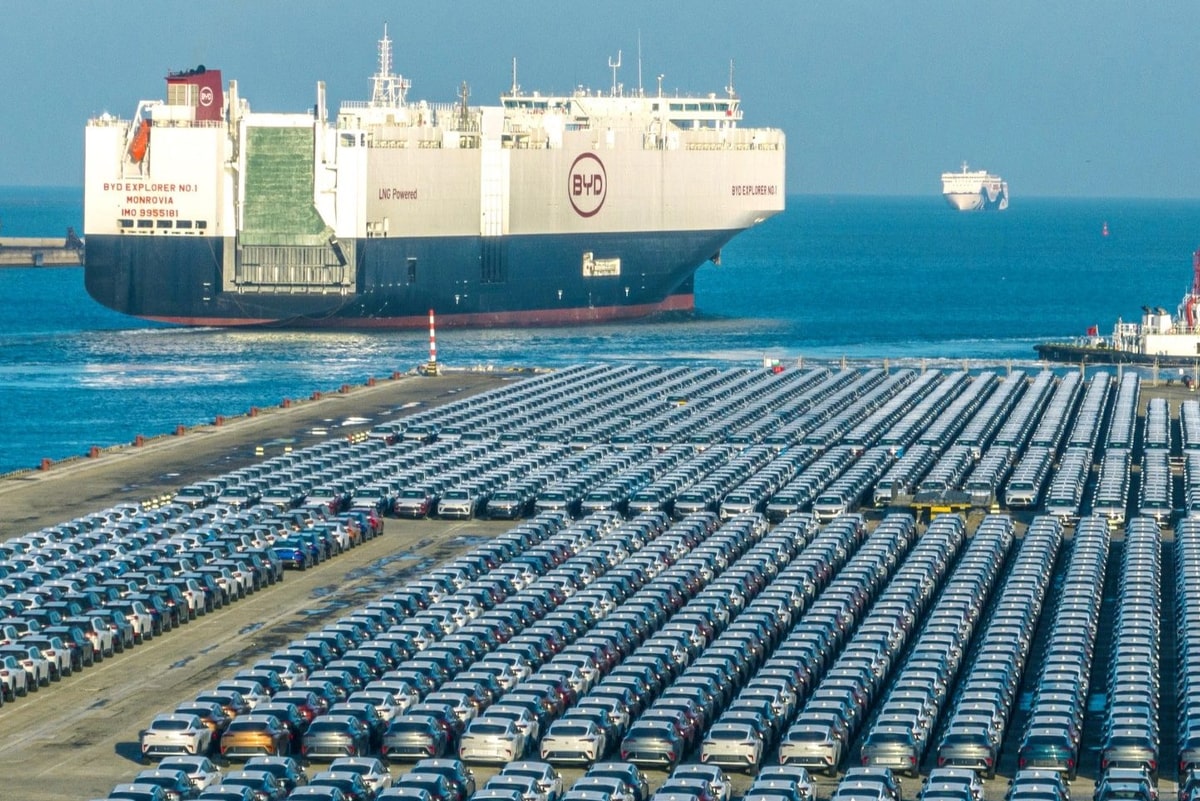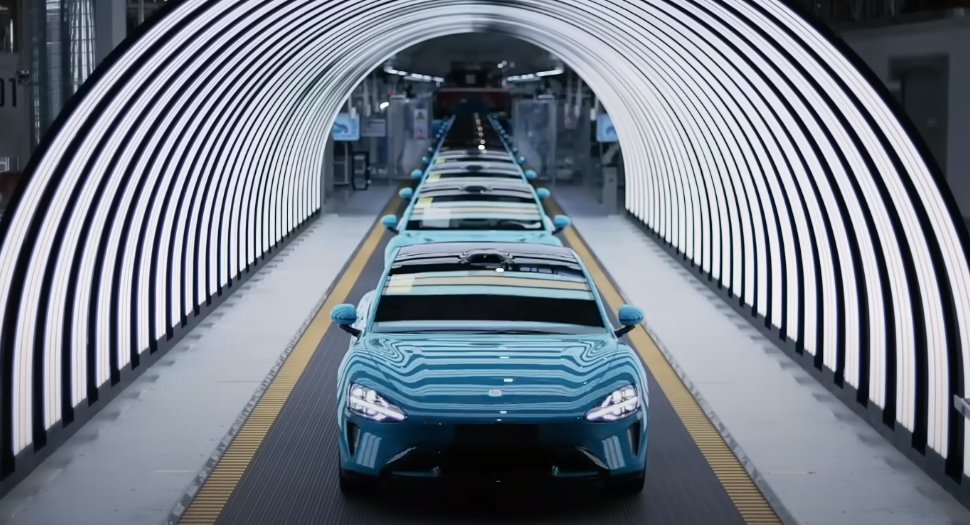China and the European Union have agreed to commence negotiations regarding proposed tariffs on Chinese-made electric vehicles (EVs) imported into the European market, senior officials confirmed on Saturday. Germany’s Economy Minister Robert Habeck, informed by EU Commissioner Valdis Dombrovskis, announced the development following discussions between China’s commerce ministry and the European Commission.
“This is new and surprising in that it has not been possible to enter into a concrete negotiation timetable in the last few weeks,” Habeck said during his visit to Shanghai. He described the move as a significant initial step, emphasizing the need for further dialogue despite early uncertainties.
See also: Survey Shows EU Anti-Subsidy Probe Dampening Chinese EV Firms’ Confidence in Europe
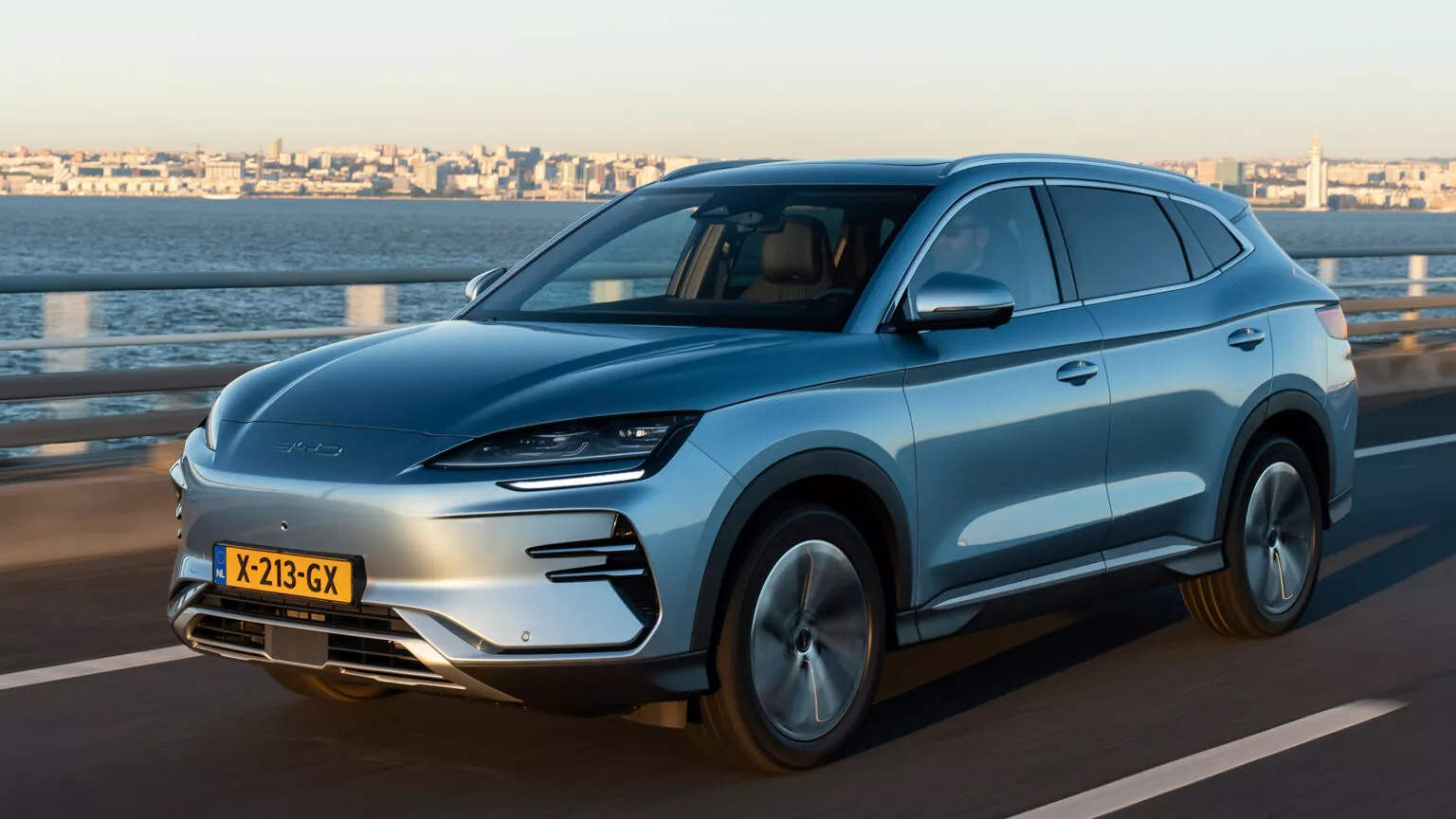
Habeck had earlier expressed openness from the EU’s side to engage in discussions over the tariffs. “What I suggested to my Chinese partners today is that the doors are open for discussions and I hope that this message was heard,” he stated after meetings with Chinese officials in Beijing, marking the first visit by a senior European official since the proposal of substantial duties on Chinese EV imports.
The European Union’s provisional tariffs, which could reach up to 38.1%, are slated to come into effect by July 4, with a continuing investigation expected to conclude by November 2. The investigation aims to address what the EU views as excessive subsidies provided to Chinese EV manufacturers, potentially leading to definitive duties lasting up to five years.
See also: China Opposes EU’s Planned Tariffs on Chinese EVs, Warns of Trade War
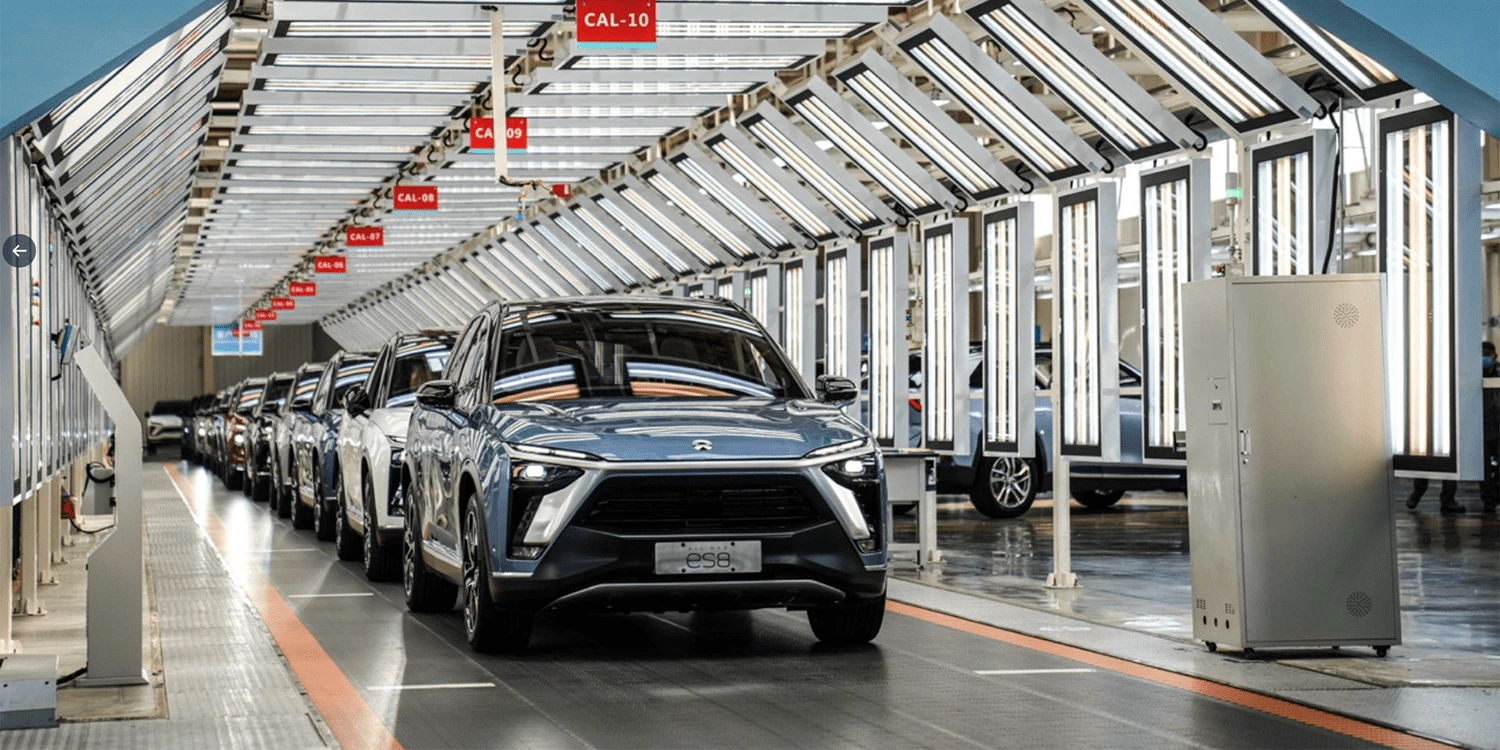
Habeck clarified the EU’s stance on the tariffs, emphasizing they are not intended as punitive measures. “It is important to understand that these are not punitive tariffs,” he remarked during discussions in Beijing. He contrasted the EU’s approach with that of other countries, underscoring Europe’s commitment to a different strategy.
In response to concerns raised by Chinese officials regarding the impact of tariffs on bilateral trade relations, Habeck highlighted the necessity for fair competition. He addressed allegations of unfair subsidies, emphasizing the EU’s objective to ensure a level playing field in global trade.
See also: EU to Impose Tariffs on Chinese EVs, Excluding Tesla, in Anti-Subsidy Move
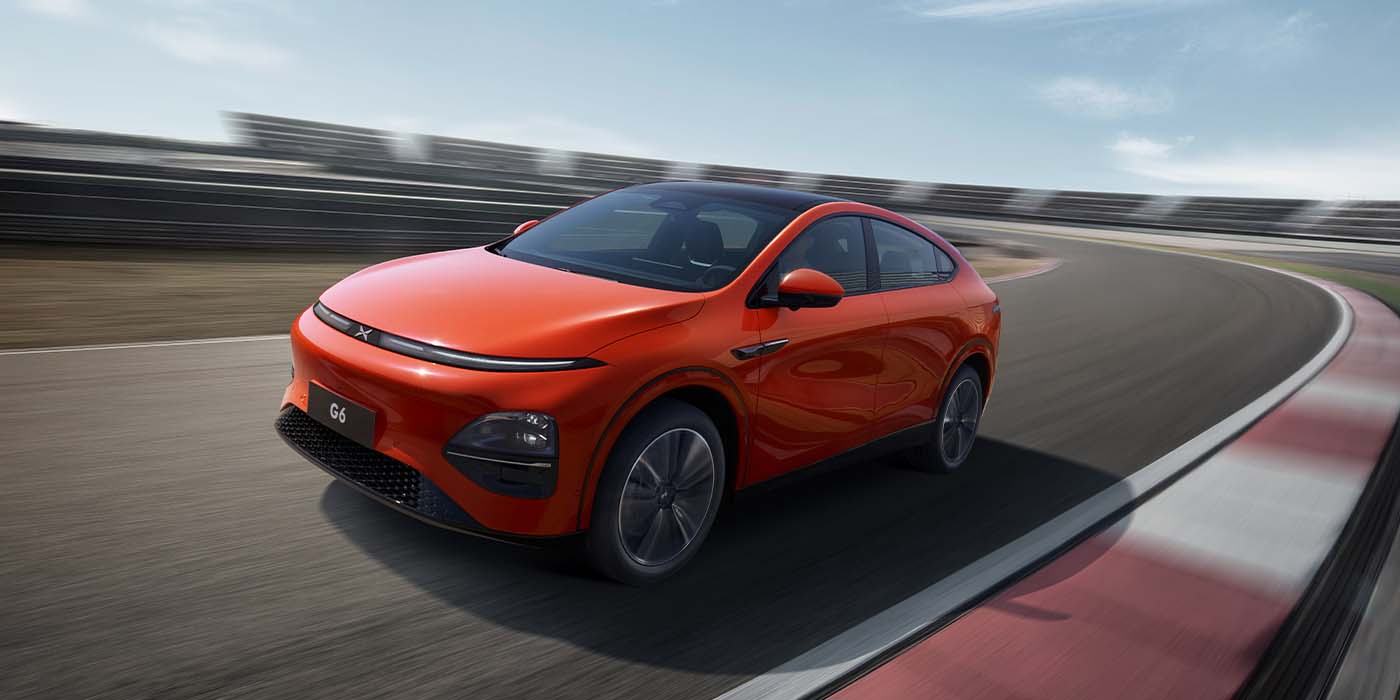
The discussions between the EU and China come amid broader geopolitical tensions, including China’s relations with Russia, which have strained economic ties between Beijing and Berlin. Habeck reiterated concerns over circumvention of sanctions imposed on Russia, emphasizing the importance of adhering to international norms in trade practices.
The outcome of these negotiations will be closely watched as both sides navigate complex economic and diplomatic landscapes, striving to balance market interests with regulatory scrutiny in the evolving EV industry.

